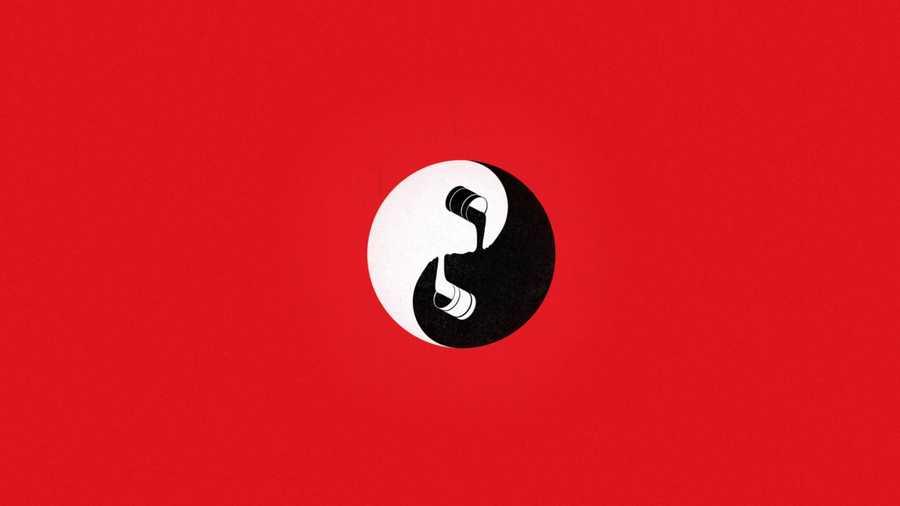Mental filtering: when we focus on negative details
Curated from: nesslabs.com
Ideas, facts & insights covering these topics:
8 ideas
·1.23K reads
9
1
Explore the World's Best Ideas
Join today and uncover 100+ curated journeys from 50+ topics. Unlock access to our mobile app with extensive features.
Only Focusing On The Negative
Do you tend to focus on negative details?
Mental filtering is a cognitive distortion that leads us to magnify the negative details of a situation while filtering out the positives. Also known as selective abstraction, this bias for dwelling on your shortcomings could lead you to focus on one piece of negative feedback while disregarding or disbelieving the ten other positive comments received.
32
249 reads
Blinkered Thinking
Mental Filtering can be described as focusing only on the negative aspects of an event, such as I ruined the whole recital because of that one mistake.
This blinkered thinking was found to be strongly associated with anxiety and depression. Mental filtering also shares a close relationship with self-esteem. The more distorted our reasoning becomes, the less confidence we have in ourselves.
30
235 reads
Examples Of Mental Filtering
- Upon submitting a project for approval, the overwhelmingly positive feedback is quickly overshadowed by one piece of constructive criticism. This can lead you to believe that you are doing a poor job, even though this is not what you were told.
- A colleague fails to greet you when you walk past each other in the street. Rather than consider that they simply may not have seen you, you assume that they dislike you, or that you have done something to offend them.
31
185 reads
Impact Of Mental Filtering
Mental filtering can have a detrimental impact on your self-confidence and personal growth. If the one piece of advice your boss gave you after a presentation led you to feel that you were no good at public speaking, then you may internalise that any future attempts will be a disaster. This vicious cycle can lead to intensification of anxiety and worsening of your mood. Furthermore, it will do little to improve how you feel about your next attempt at public speaking.
31
132 reads
Manage Mental Filtering: Recognizing The Bias
To manage this cognitive distortion, you must consciously start to manage negative thought patterns so you can begin to see your efforts and achievements in a more positive light.
First, recognise when mental filtering occurs. A key step to managing a cognitive distortion is to acknowledge its presence. Reflect on how you respond to life events, professional feedback, and social situations. If your glass tends to be half-empty, explore your feelings further by journaling, creating a log of voice notes, or using a habit tracker.
32
122 reads
Manage Mental Filtering: Cost-Benefit Analysis
In psychology, a cost-benefit analysis is a technique used as part of cognitive behavioural therapy.
On a piece of paper, create two columns for costs and benefits. Think about whether mental filtering benefits you, as well as what it costs you. Write each point down in a column and assign it a value of importance from 1 to 10.
It is likely that filtering costs you far more than it benefits you. The next step in the analysis is to think about alternative thought or behaviour patterns you could employ to see situations more positively.
34
104 reads
Manage Mental Filtering: Ask For Objective Opinion
Asking your friends or colleagues for an objective opinion on your performance or achievements is a good way to gauge your ability or progress. If you have become entrenched in negative self-talk, listen carefully to what others objectively report.
Write down all of the positive opinions your friend or colleague shares, and focus on each one individually. Start forming positive habits and mindsets, and allow yourself to believe in your own ability, rather than focusing on the negatives.
31
96 reads
The Bottom Line
Challenging unhelpful thought patterns and becoming more objective can help to avoid the automatic descent into unwarranted negativity.
Journaling and keeping an open mind when receiving feedback can help you recognise the positives. By avoiding mental filtering, you will be better equipped to mitigate the anxiety and low mood associated with any difficult challenges you may encounter in life.
33
109 reads
IDEAS CURATED BY
Camille A.'s ideas are part of this journey:
Learn more about psychology with this collection
How to use storytelling to connect with others
The psychology behind storytelling
How to craft compelling stories
Related collections
Similar ideas
11 ideas
How Cognitive Distortions Can Fuel Your Stress
verywellmind.com
6 ideas
The psychology of negative thinking
nesslabs.com
3 ideas
Read & Learn
20x Faster
without
deepstash
with
deepstash
with
deepstash
Personalized microlearning
—
100+ Learning Journeys
—
Access to 200,000+ ideas
—
Access to the mobile app
—
Unlimited idea saving
—
—
Unlimited history
—
—
Unlimited listening to ideas
—
—
Downloading & offline access
—
—
Supercharge your mind with one idea per day
Enter your email and spend 1 minute every day to learn something new.
I agree to receive email updates





